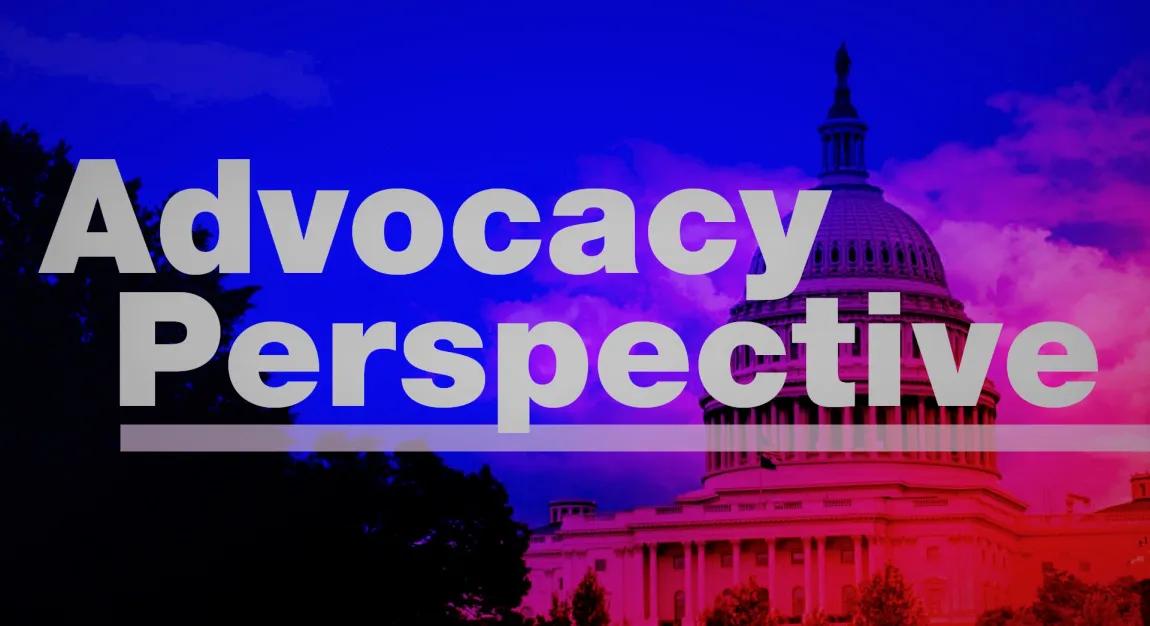- Congress recently finalized an appropriations package of nearly $2 trillion for fiscal year 2024, funding critical medical research and public health programs through September 30, 2024.
- Many programs received flat funding, which failed to keep pace with inflation.
- STS will continue to advocate for robust funding levels that exceed the rate of inflation for fiscal year 2025.
In March, Congress passed its annual appropriations package for fiscal year (FY) 2024, allocating nearly $2 trillion to fund the government through September 30, 2024. This package includes resources for essential government agencies and research programs that drive medical advances, enhance care quality, and disseminate best practices. Below is a breakdown of the key programs that the STS supported and their funding outcomes.
National Institutes of Health (NIH)
NIH is the primary agency responsible for biomedical and public health research in the United States. This work is crucial for understanding, treating, and preventing diseases. Strong funding for NIH helps ensure appropriate funding levels for key institutes that directly impact cardiothoracic conditions.
Funding for FY24: $47.08 billion (a $300 million increase)
National Cancer Institute (NCI)
NCI leads the national effort to eliminate suffering and death caused by cancer. The agency supports research, training, and dissemination of information on cancer prevention, diagnosis, and treatment.
Funding for FY24: $7.22 billion (a $120 million increase)
National Heart, Lung, and Blood Institute (NHLBI)
NHLBI provides global leadership in research, training, and education to prevent and treat heart, lung, blood, and sleep disorders. STS participates in coalitions to promote NHLBI funding and meets annually with its leadership to better understand current activities and funding needs.
Funding for FY24: $3.98 billion (no change)
Agency for Healthcare Research and Quality (AHRQ)
AHRQ aims to produce evidence to make healthcare safer, higher quality, more accessible, equitable, and affordable. STS actively opposes efforts in Congress to terminate AHRQ funding.
Funding for FY24: $370.5 million (a $3 million decrease)
Centers for Disease Control and Prevention's (CDC) Office on Smoking and Health (OSH)
OSH leads national efforts to reduce tobacco-related death and disease.
Funding for FY24: $125.85 million (no change)
Lung Cancer Program at Congressionally Directed Medical Research Programs (CDMRP)
Administered by the Department of Defense, the CDMRP finances high-impact, high-risk, and high-gain projects that accelerate medical research in specific areas. One of these programs, the Lung Cancer Research Program, has received $194.5 million in funding over the past ten years (FY09-FY22), making it the largest lung cancer research program outside of the NCI. This program specifically researches topics that include biomarkers of disease recurrence, cutting edge immunotherapies, targeted tests, and treatments with added emphasis on under-researched small cell lung cancer.
Funding for FY24: $25 million for lung cancer research (no change)
Research into Firearm Morbidity and Mortality Prevention
Administered by the CDC, NIH, and National Institute of Justice (NIJ), this research is critical for understanding and preventing firearm-related injuries and deaths.
Funding for FY24: $12.5 million (no change)
Pediatric Specialty Loan Repayment Program
This program provides up to $100,000 in loan forgiveness to pediatric medical specialists to encourage them to pursue careers in underserved areas. Last year was the first time this program was funded after STS advocated for its creation for more than 10 years. Learn more.
Funding for FY24: $10 million (no change)
Looking Forward
As Congress begins to determine appropriations levels for FY25, STS will continue to advocate for robust funding that exceeds inflation for these critical government programs, which are vital for advancing patient care and medical research.
